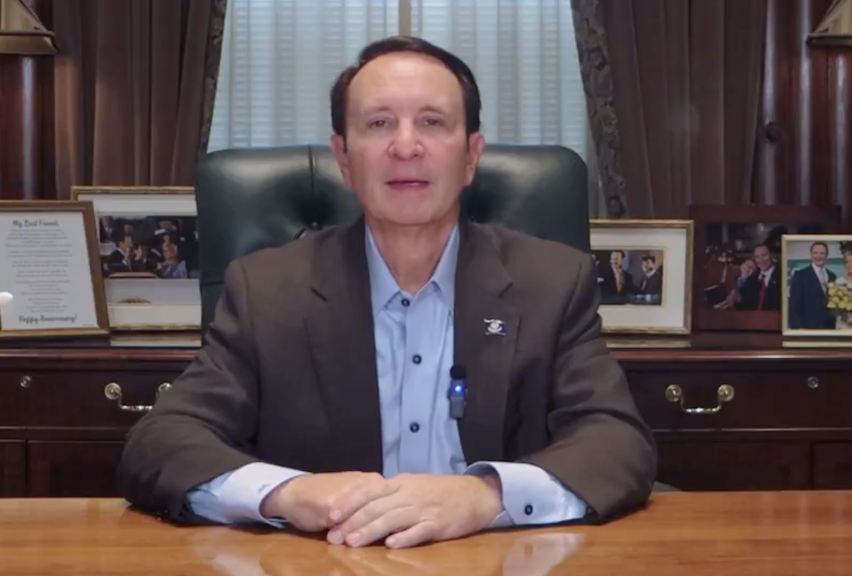
Louisiana – Louisiana Governor Jeff Landry has signed an executive order aimed at safeguarding the competitive and financial interests of student-athletes across the state amid ongoing national legal developments surrounding name, image, and likeness (NIL) compensation.
The executive order, announced Monday, provides protections for Louisiana’s postsecondary institutions, ensuring they are not penalized by athletic governing bodies such as the NCAA or individual conferences for facilitating or offering NIL deals to their student-athletes. At the same time, the order prohibits the use of state-allocated funds for NIL compensation.
Governor Landry framed the order as a necessary step to preserve fairness and competitive balance for Louisiana’s student-athletes.
“Louisiana is proud to be home to student-athletes who consistently compete and win at the highest levels of college athletics,” Landry said. “As national policies and developments continue to reshape the landscape of college sports, this executive order is about fairness—for our Louisiana students, our schools, and our athletes.”
The move was met with support from athletic leaders across the state. LSU Athletics Director Scott Woodward applauded the governor’s “proactive approach,” saying it would help institutions remain “nimble and at the forefront” of rapidly changing NIL rules and expectations.
Roman Banks, Director of Athletics at Southern University, also praised the action.
“I want to thank Governor Landry for the leadership he has demonstrated by signing this executive order, and for his commitment to supporting Louisiana colleges, universities and our student-athletes by providing stability in the current landscape of collegiate sports,” Banks said.
The executive order remains in effect until either the enactment of relevant federal NIL legislation or the implementation of a proposed nationwide NIL settlement, both of which are currently under consideration as legal battles over student-athlete compensation unfold.
While the order aims to bolster Louisiana schools’ flexibility in supporting their athletes, it draws a firm line by restricting the use of state funds for direct compensation—a provision likely intended to balance support for student-athletes with responsible fiscal governance.
As the national debate over NIL rights continues, Louisiana’s executive order signals the state’s intention to assert its role in shaping the future of college athletics and protecting its institutions and athletes from being left behind.